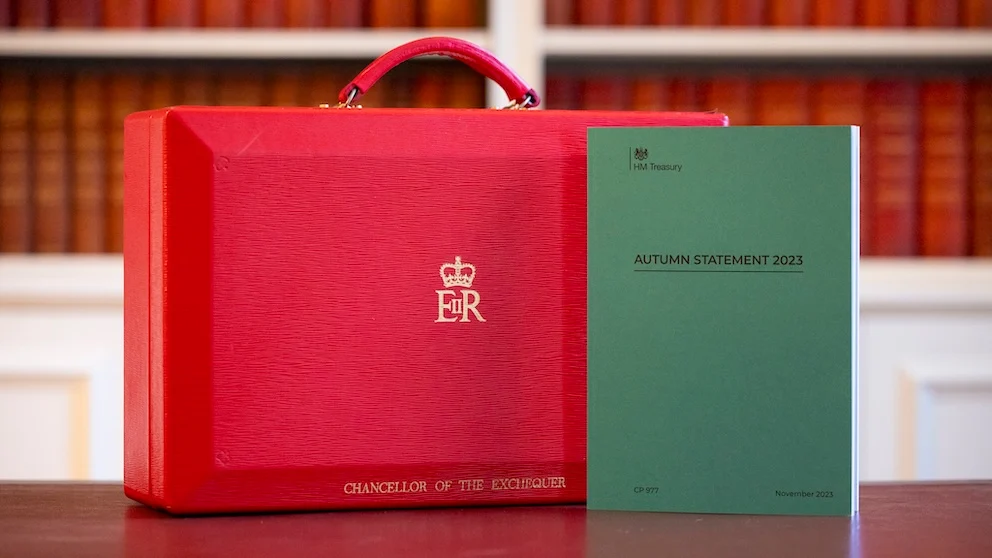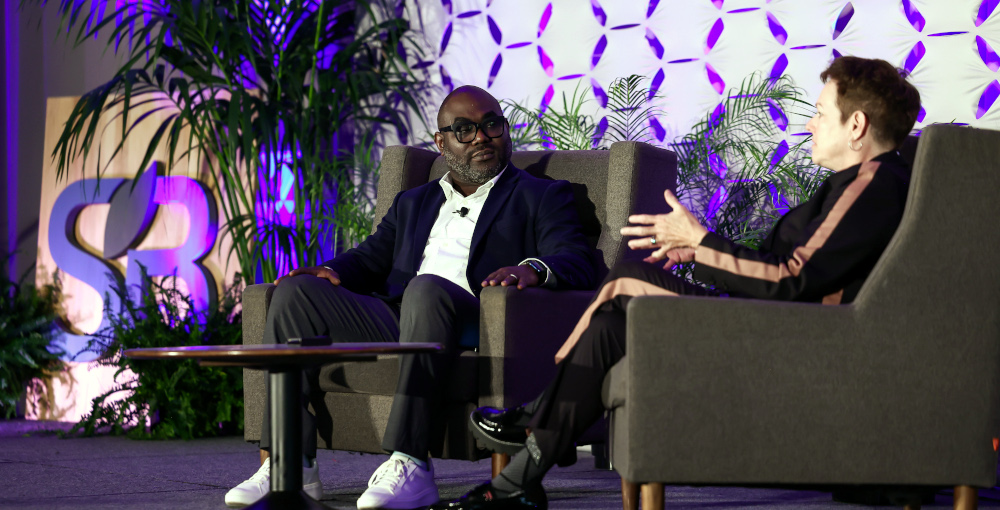Bill C-18, also known as the Online News Act, became law this summer in Canada and has already attracted the attention of legal experts, the media, concerned citizens, politicians, and, of course, communications practitioners like us. Under this legislation, Google of Alpha, and Meta (formerly Facebook), are mandated to engage in negotiations with news organizations to establish compensation agreements for the use of their content. Other social channels and search engines are currently not targeted by the Bill. This landmark bill came into effect on June 22, 2023, following royal assent and Senate approval, and is slated to take full effect by year-end.
Canada’s move is significant as it is the second country, after Australia, to adopt a law akin to the News Media Bargaining Code. Inspired by the Australian legislation, Bill C-18 seeks to address the migration of advertising revenue to select tech companies, rebalancing the scales for Canadian news outlets.
In the last three months, Google and Meta responded swiftly. On June 29, 2023, Google announced its intention to remove news links when the bill takes effect, while Meta opted to pull news content from Facebook and Instagram in Canada. Recent major events such as the forest fires in several provinces this summer did not change Meta’s plan.
The federal government and some members of Corporate Canada also responded quickly. In July 2023, the federal government suspended its advertising on Facebook and Instagram in reaction to Meta’s decision to block news content. Quebecor, a prominent telecom and media firm, followed suit, discontinuing its ads on these platforms. Publishers’ responses have been mixed. Some independent regional publishers have criticized the bill for curbing their ability to gain new audiences. One publisher said up to fifty percent of its site traffic was driven by platforms such as Google and Facebook. Large established media such as the CBC have voiced their support of the bill.
What should public relations professionals pay attention to as publishers, corporations, and the public are still evaluating the impact of this new bill, and why?
The first question many clients ask is how the bill will affect our ability to conduct effective media monitoring. While the extent of the impact is too soon to tell, already our teams are testing a combination of the following approaches because they all have their pros and cons:
• Bing, GoGoDuck or other search engines to test their efficacy. However, we will not capture data on the broader impact of media placements across channels. This functionality is limiting for professional service provision.
• Use paid communications intelligence services such as Talkwalker as a holistic ‘social + media listening’ alternative to Google. Talkwalker also has a TV Eyes plug-in to track and search broadcast mentions.
• Rely on paid services such as Cision or Lexis Nexis to access content. These services have pre-paid agreements with certain media outlets to redistribute their content. Users do not need separate subscriptions to access content. However, these services only provide content from outlets with which they have formal agreements. Cision or Lexis Nexis do not provide centralised, cross-channel (search, social, broadcast and publisher) content – which limits the effectiveness to see the ‘bigger picture’ impact of multi-channel communications campaigns.
Additionally, we are paying attention to several potential issues because of Bill C-18.
1. Reach and influence of news content: We should re-evaluate how we assess individual articles’ reach and influence, given Canadian news consumers will no longer find the stories on social platforms directly. For example, The Globe and Mail has reported five percent of their Instagram followers can no longer see their content. See exhibit 1. It is also too early to know if the bill may affect media outlets’ Unique Viewership Metrics (UVM). Our colleagues in Australia reported that their News Media Bargaining Code did not have a meaningful impact on that front as negotiations did happen since the code was introduced.
2. Potential shift in news consumption habits: Canadians may have to get into the habit of seeking out news sources directly, or they use alternative search engines like Bing. Alternatively, they could turn to platforms like Twitter, TikTok, or other social media channels that remain unaffected by Bill C-18. However, each of these options has its own set of limitations and challenges.
3. Potential long-term shift of Canadians’ relationship with social media: On August 29, Reuters reported Bill C-18 had almost no impact on Canadians’ usage of Facebook.2 However, Meta’s decision to not include news about the recent forest fires drew criticism from some concerned citizen groups. According to Statista, As of August 2023, more than 57 percent of Facebook users in Canada are aged 25 – 54.3 However, uses under age 25 only account for less than 20 percent of users, suggesting the next generation of Canadian consumers are spending their time online elsewhere. Meanwhile, Google continues to be the dominate search engine in Canada at 92 percent.
As we continue to observe how Bill C-18 may impact the Canadian public and our industry, one silver lining maybe: Canadians may not start paying attention to where they get their news, which can only be good for democracy and our society at large.
Exhibit 1:


















